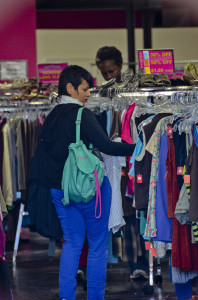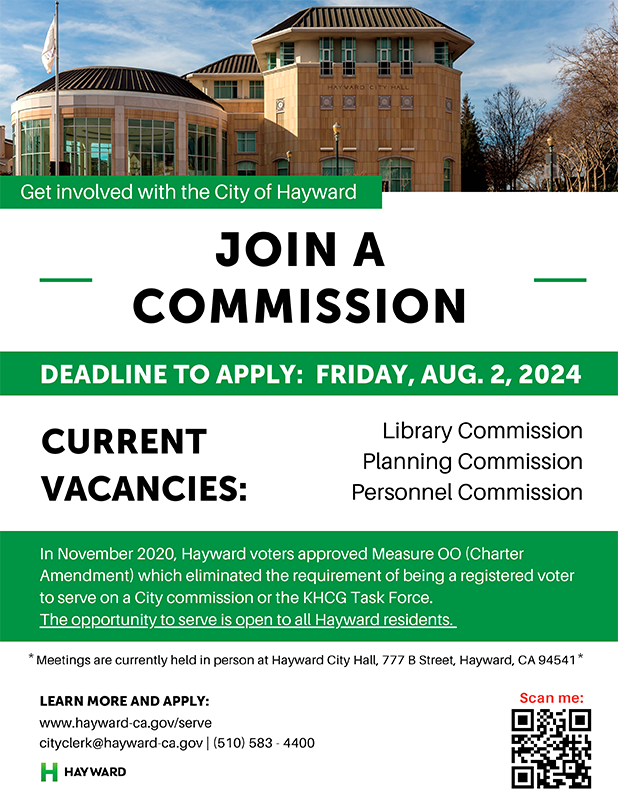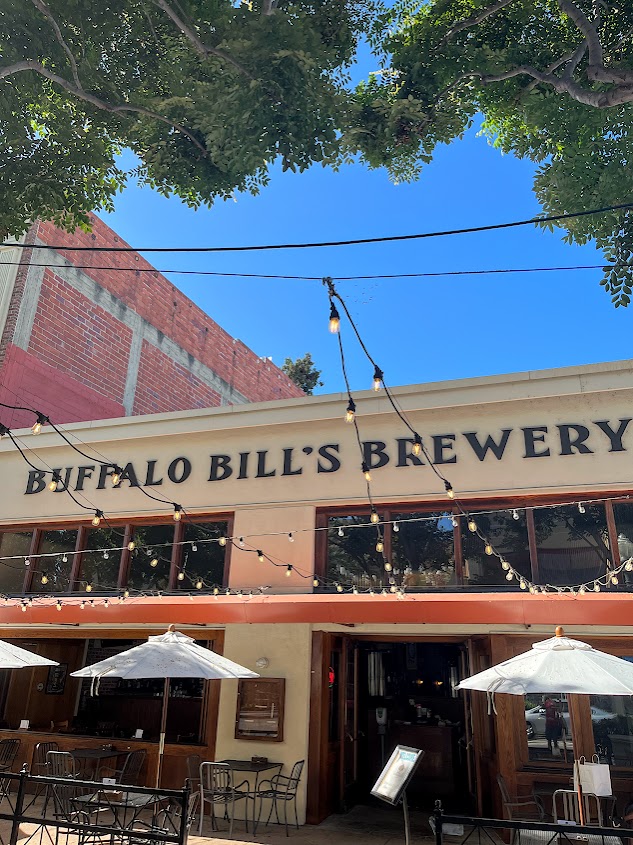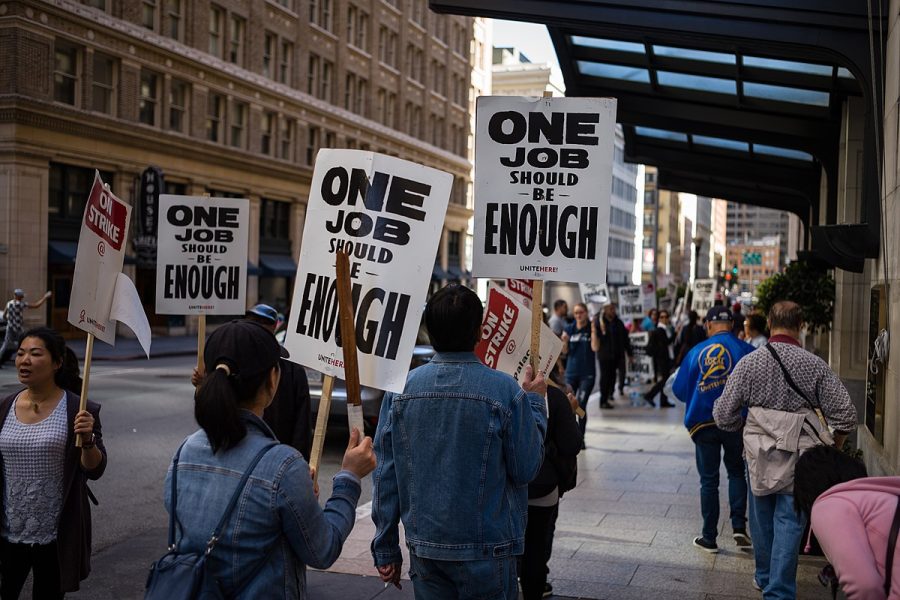
recession.
Due to the prolonged Great Recession, several Bay Area residents have been forced to fulfill their shopping needs at various Salvation Army stores in the community, as they lack sufficient funds to supply their immediate needs.
For recent UC Berkeley graduate Karin England, the tough economy has made it difficult for her to find employment and thrift stores have helped her supply essentials for her family.
“I usually shop [at the] Oakland Salvation Army every weekend for my daughter because the prices are great,” said England. “The mall is too expensive for me to shop so I come here to the Salvation Army.”
The long-term recession and increasing tuition costs have made it hard for students to afford clothing.
Research shows the poor economy has affected college students and low-income families most prevalently.
“Since I am a starving student, I get great prices at Oakland and Alameda Salvation Army stores,” said Alameda resident and college student Anthony Allen.
While the poor economy has pushed families to visit thrift stores more frequently, it has also affected the supply of items the stores have to offer.
“The recession has brought about a lower quality of items in our store,” said Angela Arellano, Oakland Salvation Army store manager.
Before the recession, the Oakland Salvation Army received donations from high-end stores like Macys to mid-range stores like Target. In 2005, the thrift store even received car donations from various donors, bringing sales to $100,000 a month.
“Back in 2005, people were refinancing and cashing out on their homes to replace their Mercedes-Benz and donating [their] old [cars] to the Salvation Army,” said Jason Tyler, Oakland Salvation Army employee.
Things have changed since the start of the recession, as the used goods store typically averages about $25,000 in sales monthly.
The Salvation Army is currently asking for donations to assist the community with programs such as homelessness, child care, disaster victims and adult rehabilitation, due to an immediate demand for used items.
A large part of the organization is giving back to the local communities.
According to the Salvation Army, “For every dollar the Salvation Army receives from their stores, $.85 goes toward programs to help the community.”
The San Francisco Salvation Army Harbor Light House volunteers drive the street of the city handing out food, clothing and blankets to the homeless.
The money raised through sales is important for organizations such as, adult rehabilitation programs that assist men who are recovering from addictions, as a portion of the revenue aids the demographic.
“The Salvation Army rehabilitation program expenses for a total of 99 men clients that are a sum of cost $35 dollars per day,” according to the Salvation Army.
The thrift store has also been hit hard by difficult eonomic times.
Since the recession in 2008, the San Francisco Salvation Army youth program is struggling for funding. Its youth program had to cut 20 percent of their programs.
“The youth program gives opportunity for thousands of children from low-income to enjoy summer camps that teaches them skills and self-reliance,” according to employees of the Salvation Army.
Despite reports of a turned-around economy, these effects have yet to reach organizations such as the Salvation Army.












